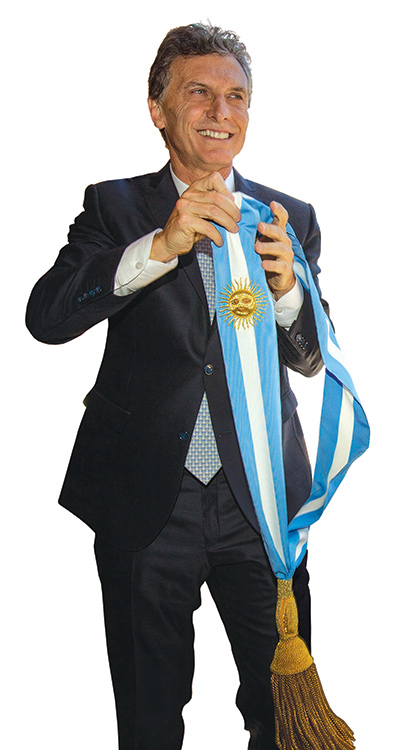

After entering office to lofty expectations, Argentine President Mauricio Macri has faced both trials and triumphs.
by Brendan O’Boyle
2015
December 10th
President Mauricio Macri takes office promising to stabilize the country’s economy. Breaking tradition, departing President Cristina Fernández de Kirchner does not attend her successor’s inauguration.
December 15th
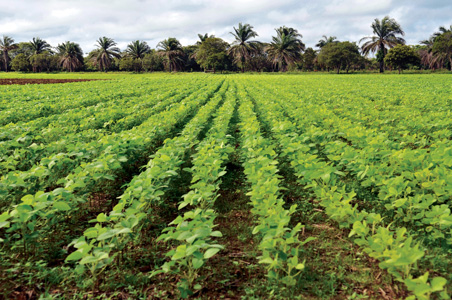
Macri signals a stark shift in economic policy by eliminating or reducing export taxes on Argentina’s major agricultural products, including soy.
December 16th
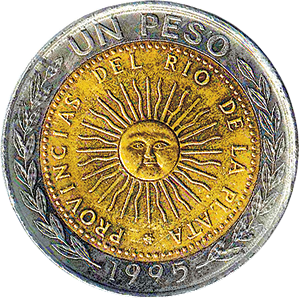
Finance Minister Alfonso Prat-Gray announces an end to currency controls for the peso, which he said had “halted the economy for years.” The next day, the peso’s value plummets 30 percent.
December 21st
At his first Mercosur summit, Macri calls on Venezuela to release its political prisoners, the first of several attacks on the country’s human rights record.
2016
January 16th
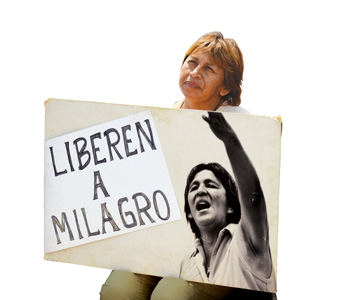
Milagro Sala, an opposition figure and leader of the Tupac Amaru neighborhood association, is arrested in Jujuy for “inciting criminal acts” after organizing a month-long protest against the state governor. Her imprisonment becomes a rallying point for Macri’s opponents, including Fernández, who claim she is a political prisoner.
Amnesty International and the United Nations are among the human rights groups calling for her release.
January 27th
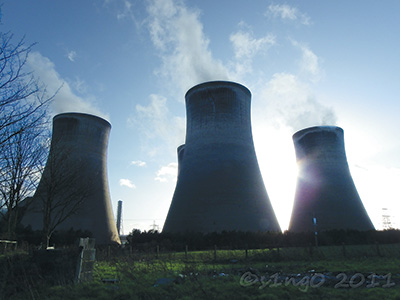
Macri slashes energy subsidies, upsetting Argentines used to paying some of the world’s lowest energy bills.
February 29th
Argentina agrees to pay $4.65 billion to four holdout creditors, signaling an end to a dispute dating back to a 2002 default on billions of dollars in bond payments and paving the way for the country’s return to international credit markets.
March 23rd
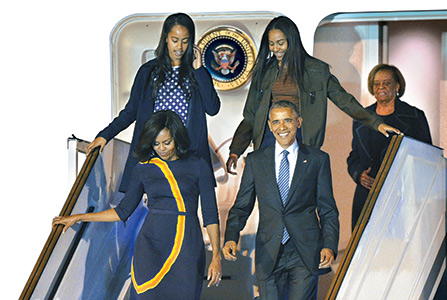
President Barack Obama arrives in Argentina, the first visit by a U.S. president to the country since 2005. The meeting is widely viewed as a turning point for U.S.-Argentine relations.
April 7th
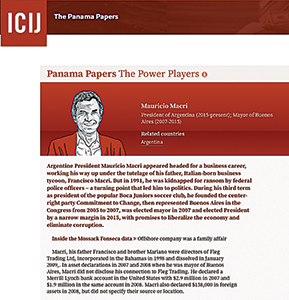
Macri tells Argentines that he has “nothing to hide” after a federal prosecutor calls for an investigation into his links to an offshore company, revealed in the Panama Papers.
May 13th
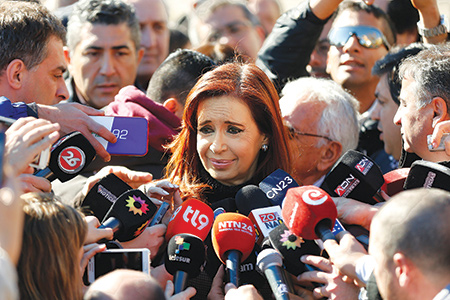
Fernández is indicted over allegations she manipulated dollar futures rates while in office. The case, which she calls “political persecution,” both revives and calls into question talk of the former president’s future political ambitions.
May 27th
Macri announces a tax amnesty program to allow Argentines to declare previously undeclared assets without disclosing the money’s origin, by paying a small penalty. In October, the government announces the program’s first phase has delivered $4.6 billion into Argentine bank accounts.
June 14th
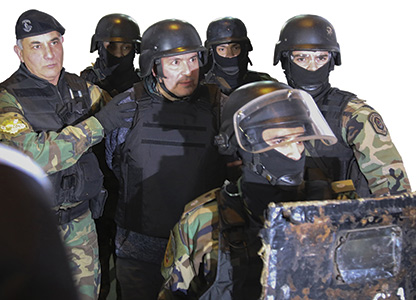
José López, the former public works secretary under Fernández and a long time aide to the Kirchners, is arrested while trying to hide some $9 million in cash in a convent in Buenos Aires Province. Macri cites the scandal as example of “structural” corruption during the Kirchner era.
June 15th
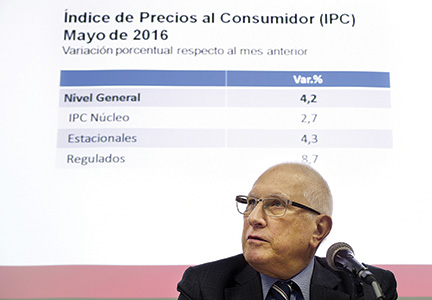
Government statistics agency INDEC releases inflation figures for the first time during Macri’s presidency, putting national inflation in May at 4.2 percent. While the number is disappointing for Macri, the return of an overhauled statistics agency is celebrated.
June 26th
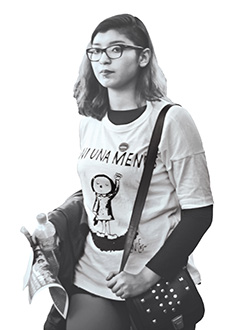
Responding to massive demonstrations organized by the Ni Una Menos (Not One Less) movement, Macri announces a national plan to tackle violence against women.
July 14th
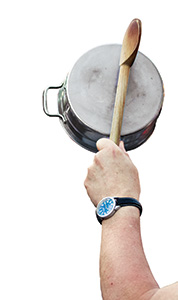
Facing price hikes in electricity and other public services, angry citizens take to the streets for a cacerolazo protest, the first of the emblematic pot-banging demonstrations during Macri’s presidency.
August 18th
Argentina’s Supreme Court rules that Macri’s hikes on gas prices were illegal, delivering a setback to Macri’s economic agenda.
September 2nd
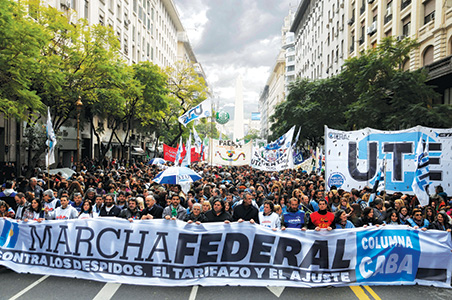
A massive march occurs in Buenos Aires, one day after demonstrations take place in cities across the country. Organized by the Argentine Workers’ Central Union, protesters demand an end to Macri’s austerity measures.
September 13th
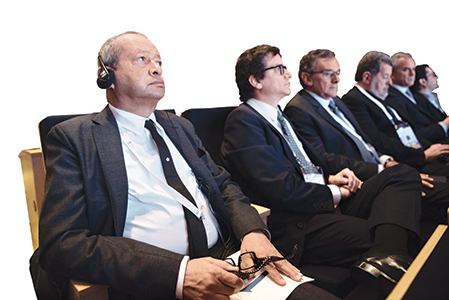
In a sign of Argentina’s return to global markets, Macri kicks off the first Argentina Business and Investment Forum, telling some 1,600 investors and corporate leaders in attendance that the country is ready for their business.
September 29th
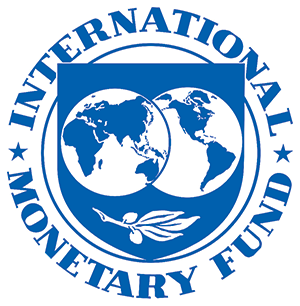
IMF officials conclude their first meetings in Argentina in a decade, praising the government’s economic reforms and expressing confidence in the country’s prospects for investment.
November 14th
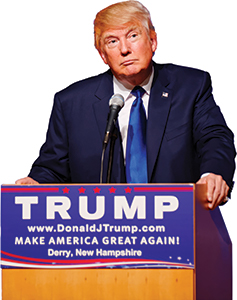
Macri speaks by phone with former business acquaintance and U.S. president-elect Donald Trump after his victory. Trump promises that Argentina and the U.S. will have “the closest relationship in history.”
December 6th
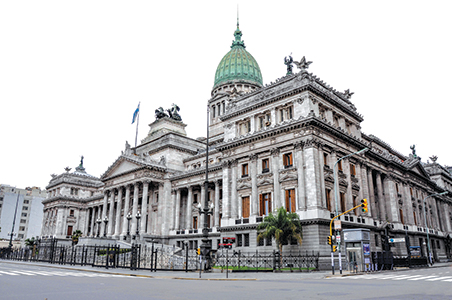
Macri suffers what some consider his biggest political defeat when the opposition in the lower house passes its own version of an income tax reform package.
December 10th
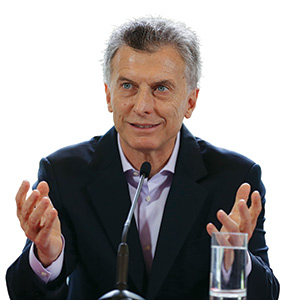
Macri ends his first year in office with an approval rating of 55 percent, down from 78 percent the day he became president.
Photocredits (TOP TO BOTTOM): presidential press office/latincontent/getty; ciat/flickr; bleff/wikimedia; eitan abramovich/afp/getty; catherine singleton/flickr; juan mabromata/afp/getty; panama papers; gabriel rossi/latincontent/getty; juan vargas/afp/getty; juan mabromata/afp/getty; rodrigo paredes/flickr; francis bourgouin/flickr; mariano sanchez/anadolu agency/getty; eitan abramovich/afp/getty; imf; michael vadon/flickr; jorge láscar/flickr; gabriel rossi/latincontent/getty



